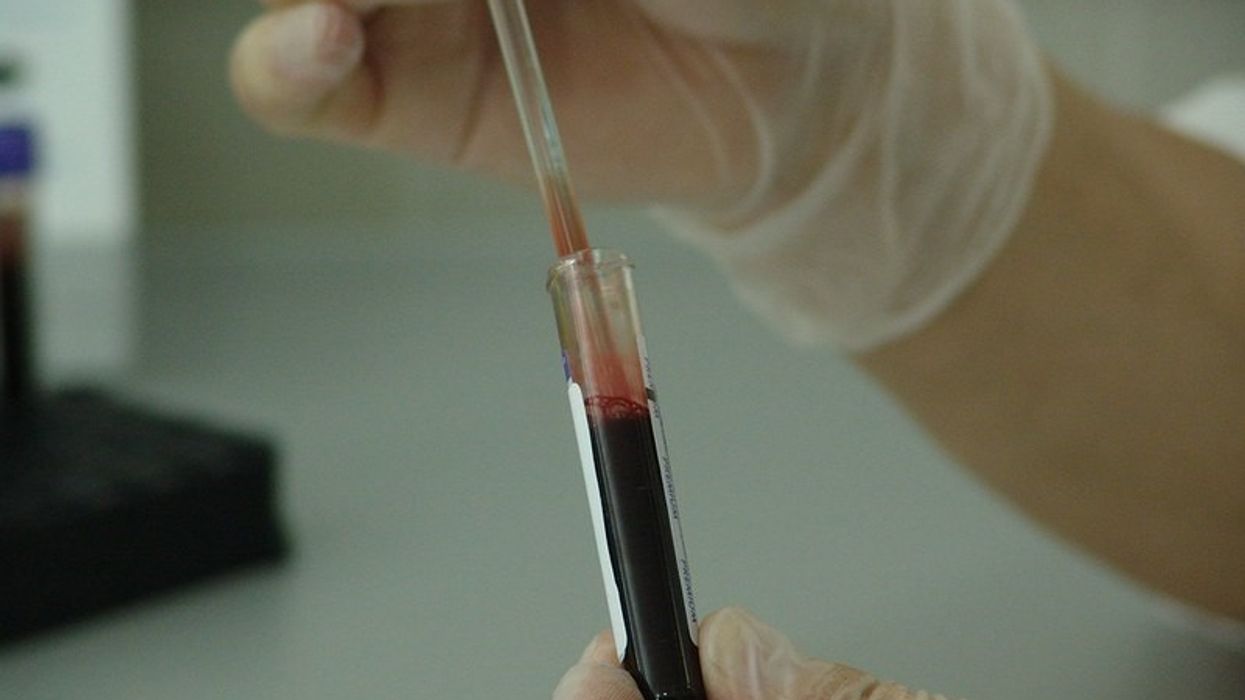A new blood test can help to diagnose tuberculosis (TB) quickly and accurately in children, according to a study conducted in five countries, including India. About 2,40,000 children worldwide die of tuberculosis every year. The disease is among the top 10 causes of death in children under the age of 5, the researchers said.
One of the main reasons for this mortality is that tuberculosis is often misdiagnosed or not diagnosed in time, particularly in regions with limited resources, they said.
The new diagnostic tool, described in The Lancet Infectious Diseases journal, and tested as part of a large-scale study in five countries, offers significant progress in this area.
The most used tuberculosis tests have been based on microbiological analysis of sputum or mucus taken from the lower airways. These samples are difficult to obtain in children.
Also, child tuberculosis is often characterised by a low bacterial load and unspecific symptoms. "Therefore, new tests are urgently needed," said Laura Olbrich from the Ludwig Maximilian University of Munich (LMU), Germany.
The new tool is based on the activity of three specific genes, which can be measured in capillary blood. An innovative, semi-automatic system allows health care workers to identify a so-called transcriptomic signature for these genes which can help diagnose tuberculosis.
The test has the advantage that the blood sample can be conveniently taken from the fingertip and the results are available very quickly.
"We have the results in just over an hour. For most other tests, the samples have to be sent to other laboratories for analysis," said Olbrich.
The researchers have tested the new tool as part of the comprehensive RaPaed-TB tuberculosis study, which is led by Norbert Heinrich from LMU University Hospital Munich and carried out in collaboration with partners in South Africa, Mozambique, Tanzania, Malawi and India.
In total, the study included 975 children younger than 15 years suspected of having tuberculosis. To determine the accuracy of the test, the researchers investigated the tuberculosis status of the children using a standardised reference test, which is based on the analysis of sputum and bacterial cultures.
"Compared to detection in culture, the test identified almost 60 per cent of children with tuberculosis, with 90 per cent specificity. This makes the test comparable with or better than all other tests that work with biomarkers," said Olbrich.
"The bacterial culture is always the reference because it yields the most stable results. But it takes up to eight weeks and is often not available (in places) where children with tuberculosis (are) present," the researcher added.
As the reference signature of the new tool was largely identified from adult samples, the researchers expect that the test accuracy can be further improved after adjusting the calculation of the signature for children.
(PTI)




